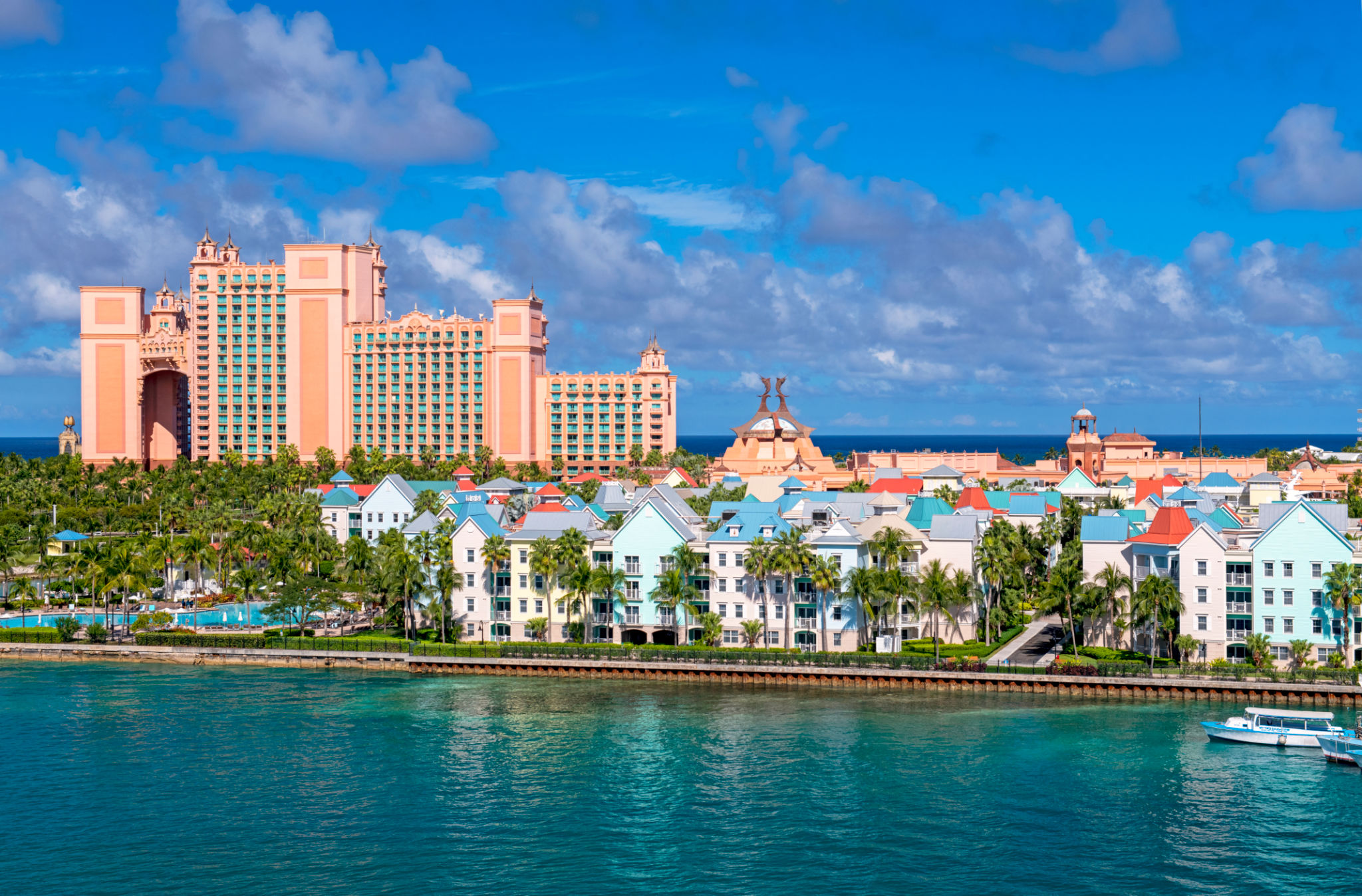The Impact of Local Regulations on Luxury Property Management in the Bahamas
Understanding Local Regulations in the Bahamas
The Bahamas, known for its stunning beaches and crystal-clear waters, has become a hotspot for luxury property investment. However, managing these properties involves navigating a complex landscape of local regulations. These regulations are designed to protect the islands' natural beauty and cultural heritage while ensuring sustainable development.
Understanding these rules is crucial for property managers who wish to succeed in this lucrative market. From environmental laws to building codes, the Bahamian government has put in place numerous regulations that directly impact luxury property management.

Environmental Regulations
The Bahamas places a strong emphasis on environmental conservation, which heavily influences property management. For instance, there are strict guidelines on preserving the natural landscape, particularly in coastal areas. This means that any construction or renovation projects must adhere to specific environmental standards to prevent ecological damage.
Property managers must ensure compliance with these regulations to avoid hefty fines and potential legal issues. This involves working closely with environmental experts and government agencies to conduct thorough assessments before proceeding with any development activities.
Building Codes and Standards
Building codes in the Bahamas are designed to ensure safety and sustainability. These codes dictate everything from structural integrity to energy efficiency, which significantly affects how luxury properties are managed. Adhering to these standards is not only a legal obligation but also a way to enhance the property's value and appeal.

For property managers, this means staying updated on the latest building regulations and implementing necessary changes promptly. Regular maintenance and inspections are essential to ensure that the properties remain compliant with these standards over time.
Tourism and Rental Regulations
Given the Bahamas' reliance on tourism, there are specific regulations concerning short-term rentals and tourism-related activities. Property managers must obtain the appropriate licenses and ensure that their operations align with local tourism laws. This includes maintaining high standards of service and safety for guests.
Failure to comply with these regulations can lead to significant financial penalties and reputational damage. Therefore, understanding and adhering to tourism and rental laws is a vital aspect of luxury property management in the Bahamas.

Tax Implications
Another critical aspect of local regulations is the tax implications for luxury property owners. The Bahamas offers several tax incentives, such as no capital gains tax or inheritance tax, which can be attractive to investors. However, property managers must be aware of other taxes, such as real property tax, which applies to certain properties.
Working with tax professionals who understand the local landscape can help property managers navigate these complexities and optimize their financial strategies.
Conclusion
The impact of local regulations on luxury property management in the Bahamas cannot be overstated. By understanding and complying with these regulations, property managers can ensure successful operations and maximize their investments. Whether it’s adhering to environmental standards or navigating tax implications, staying informed is key to thriving in this unique market.
Ultimately, embracing these regulations not only safeguards against potential legal issues but also contributes to the sustainable development of the Bahamas, preserving its beauty for future generations.